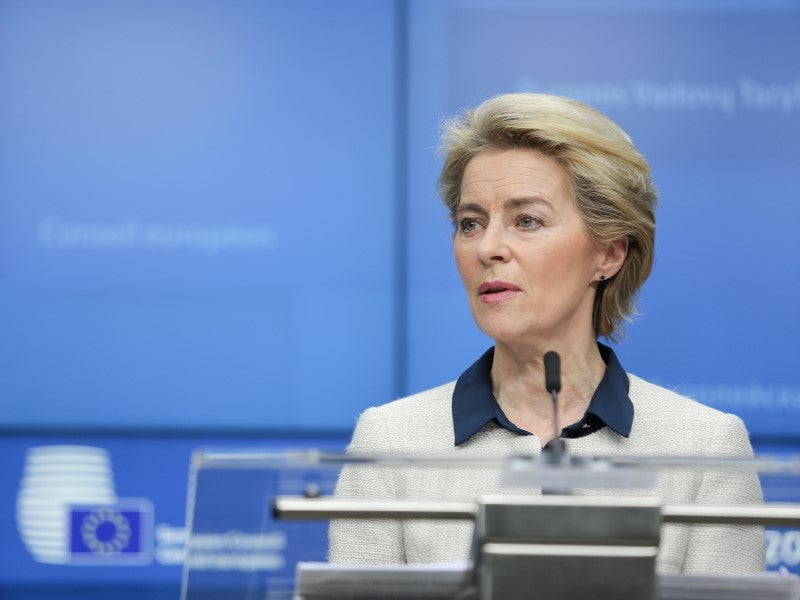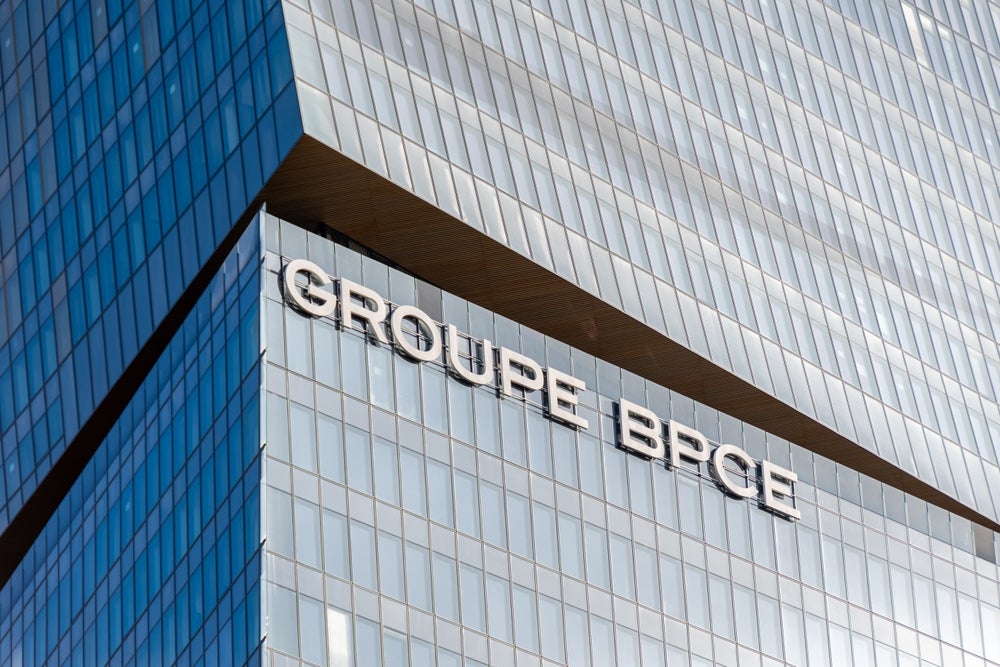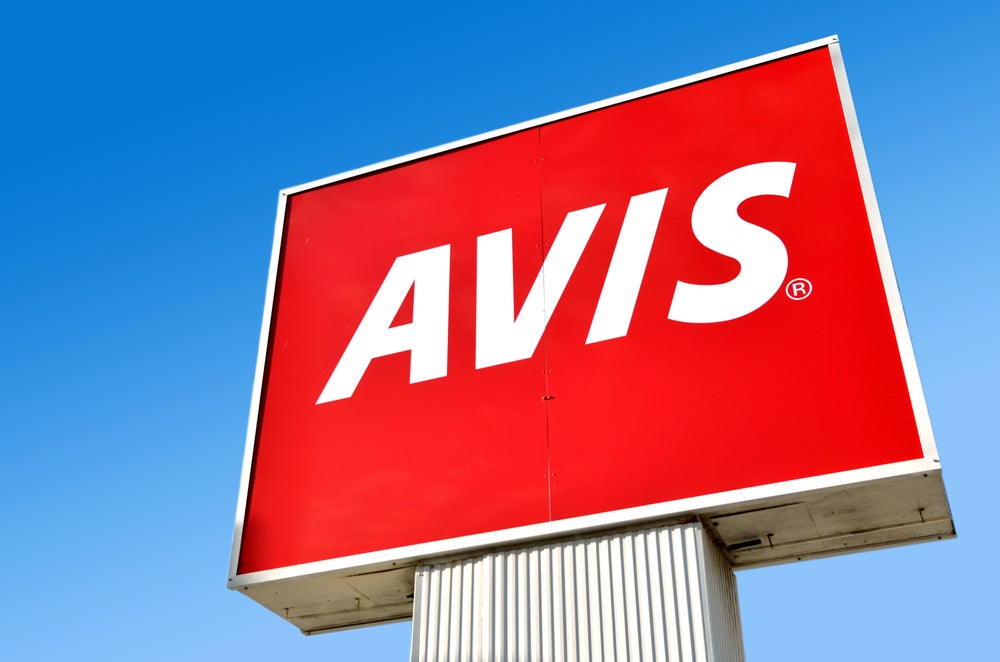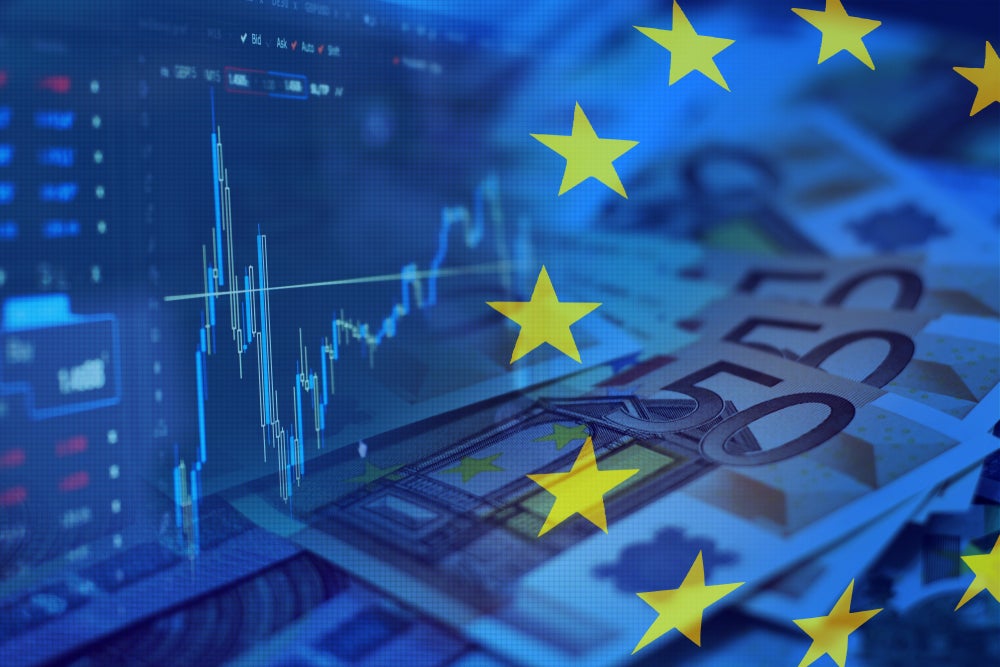
A dependency on gas may prove a sticking point in EC’s plans for climate neutrality by 2050, says Edward Simpson, the Finance & Leasing Association’s head of government affairs.
Brussels is trying to forge an identity as a global leader on a number of important themes.
European Commission (EC) president, Ursula von der Leyen covered a multitude of them in her first State of the Union address to MEPs on 16 September – including a reminder of the €750bn recovery package, which should be used a springboard for EU action to tackle climate change and promote digital innovation.
Just Transition Fund
The president revealed EC plans to increase the 2030 target for emissions reduction from 40% to 55% in order to put the EU on track for climate neutrality by 2050.
Under the proposals, all EU climate and energy legislation will be revised to facilitate this by next Summer. Her vision could include a carbon border tax imposed on imports from outside the EU-27.
The Commission recognises that it will have to wean some member states off fossil fuels – so far only six have confirmed that they will begin to partially phase out fossil fuel subsidies – but faces a challenge from the European Parliament who recently voted in favour of using some of the EU’s €17.5bn Just Transition Fund — cash designed to help the transition to a net-zero emissions economy — to pay for gas projects.
How well do you really know your competitors?
Access the most comprehensive Company Profiles on the market, powered by GlobalData. Save hours of research. Gain competitive edge.

Thank you!
Your download email will arrive shortly
Not ready to buy yet? Download a free sample
We are confident about the unique quality of our Company Profiles. However, we want you to make the most beneficial decision for your business, so we offer a free sample that you can download by submitting the below form
By GlobalDataThe disconnect between this stance and that of the Commission and the majority of EU governments who want gas excluded shows how difficult it is to for Brussels to develop a coherent position.
Innovation & Digital Europe
It may be easier to find common ground on innovation. Mrs von der Leyen’s ambition is for a common plan for Digital Europe, with clearly defined targets for 2030.
She pledged €8bn to develop a new generation of supercomputers and said that the Commission would propose “a secure European e-identity … that any citizen can use anywhere in Europe to do anything from paying your taxes to renting a bicycle.”
Brussels has found it harder to develop a common approach to migration policy. The president suggested that it was time to move away from the Dublin Regulation, under which the country where an asylum seeker entered should be the one where their claim is assessed.
On 23 September, Mrs von der Leyen announced that this procedure would be replaced by a new migration pact under which a member state would contribute their ‘fair share’ (based on GDP and population) in the form of taking in new arrivals, ‘sponsoring’ their return or providing operational support.
The Mediterranean member states have long complained that they have borne the brunt of dealing with the influx of immigrants, particularly during the summer months.
Already the concept has met with member state resistance but if the EU is to become a more significant global player, then it needs to resolve these sorts of issues.
This blog originally appeared on the FLA website on 25 September 2020.







